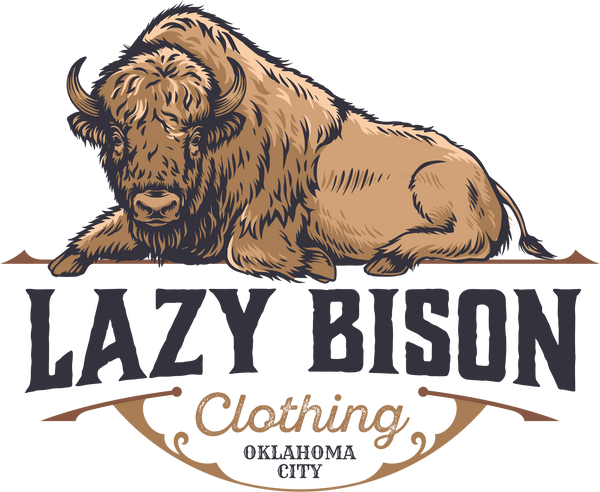
I'm Proud To Be an Okie
The word Okie has a complicated past. During the Dust Bowl, it was used to label families—with scorn—as thousands of Oklahomans—and others from across the area headed west, especially to California. To many locals there, “Okie” was shorthand for poor, unskilled, and unwelcome. Signs reading No Okies Allowed appeared in shop windows.
Much of that stigma was cemented by John Steinbeck, whose 1939 novel The Grapes of Wrath portrayed them as desperate and poor—an image many Oklahomans rejected as the view of an outsider.
Okies saw the strength it took to fight for their own survival. While the book earned acclaim for its honest depiction of the time, it also reinforced a national stereotype: that Okies were broken people.
It took generations of real Okies to take that word back.
Woody Guthrie, an Okie from Okemah, gave Okies a voice, singing of hard times, hope, and dignity. He wrote the soundtrack for a displaced people. But in the years after Guthrie, the label became ingrained in the culture.
Okies rarely used the word Okie, and it was still an insult when said by "outsiders."
Then Merle Haggard, whose parents were Okies that had left Dust Bowl Oklahoma for California, leaned into the label with his 1969 anthem “Okie from Muskogee.” While part satire and part statement, the song began to create pride in the word.
Within Oklahoma, the word started to soften. People used it among themselves—sometimes with irony, sometimes with pride. The national image hadn't caught up yet, but something had shifted at home.
Oklahomans have been deliberate in the year's since Merle sang about Muskogee to redefine the word’s meaning—proving, both to themselves and the world, that being an Okie is something special and unique.
Today, you see it in song lyrics, social media bios, and the way people talk about where they’re from. You see it on storefronts and logos, in local breweries and diners, and in hundreds of businesses proudly using “Okie” in their name. It took time, but the word was reclaimed.
Today, being an Okie speaks to all of that history—and to standing by where you’re from, without needing to apologize for it. It’s about resilience. It's about helping those around you. It’s about enduring hardship with pride and fighting for your family. It's about carrying forward with purpose.
I'm proud to be an Okie. This is my state and my home.
Every shirt tells a story. See the shirt here.
